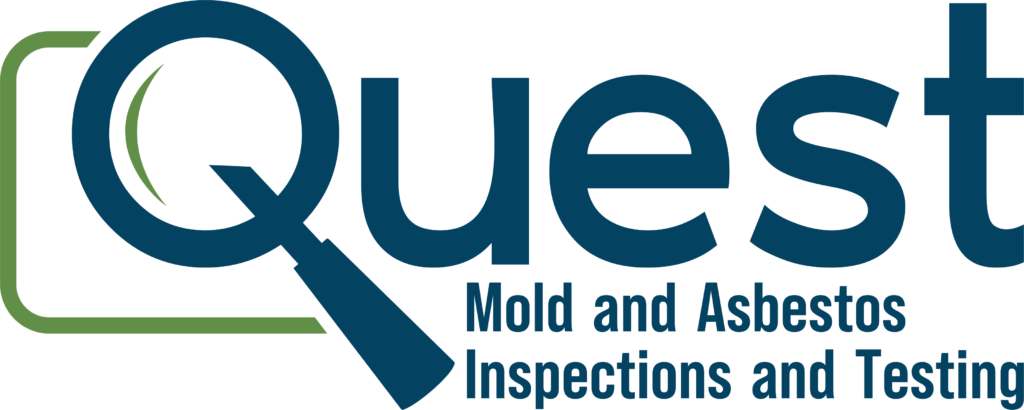House flipping can be extremely lucrative, but it is also fraught with its share of problems and ethical issues. Unfortunately, too many house flippers would rather establish a quick profit than be concerned with safety, and because of this, they cut corners, which has grave long-term consequences for both the buyers and the community. The worst practices of house flippers are too numerous to count, starting with failure to properly repair defects and issues while merely covering them up.
Allure for Quick Profit
The urge to flip houses quickly is insurmountable in a competitive real estate market. Most house flippers wish to improve their profit margins by reducing costs and quickening the pace of renovation. This typically results in poor workmanship and a lack of attention to problems that are buried beneath the surface.
Common Shortcuts in House Flipping
Replacing Insulation without Water Damage Repair: One of the more dangerous shortcuts is simply replacing insulation damaged by water without really stopping the source of water intrusion. A flipper may install new insulation in his haste to make the space fresh and look good. But if the root of the problem-a leaky roof, faulty plumbing, or poor drainage-isn’t resolved, the new insulation will also get compromised, grow mold, and destroy the structure.
Skipping HVAC System Maintenance: Another area where the use of shortcuts is very common is in HVAC systems. Following mold remediation, the ducts and vents need to be cleaned to prevent the spores from circulating in the home. In their effort to save time and money, some flippers avoid this important step thus setting up their future occupants for respiratory issues or allergic reactions.
Covering Up Water Damage: Rather than fixing areas of water damage, some flippers might resort to cosmetic cover-ups of new paint or drywall. This approach often gives the impression of an immediate appearance of improvement but really does not address the root cause. This can lead to serious structural problems, mold infestation, and health risks when water damage is hidden for extended periods.
Not Updating Electrical and Plumbing Systems: Outdated electrical and plumbing systems come with some severe risks, including possible fire outbreaks and water damage. Instead of going for the upgrade needed, some flippers would cover up problems with new fixtures or finishes. This might pose a risk to the future occupants and be costly to fix later.
The Consequences of Cutting Corners
These short cuts have far-reaching repercussions beyond the immediate financial impact of the flippers themselves. The buyers would face unexpected repair costs, health hazards such as mold exposure, and other stressors related to living in an unfit environment. This could also affect communities negatively when badly fixed-up houses contribute to diminishing property values and hazardous living conditions.
A Call for Ethical House Flipping
The more house flipping is in demand, the more it becomes a significant concern for investors to incorporate ethical practices and transparency in everything they do. Following are some suggestions for responsible flippers:
Full Inspections: Full inspections are essential so that you might discover what problems may arise until the renovation process has begun. This includes water damage, mold, and outdated systems.
Address Root Causes: Invest in proper repairs rather than cosmetic fixes. Not only does this ensure safety and wellbeing for future occupants, but it also preserves the investment’s long-term value.
Educate Buyers: If selling the property, provide full disclosure regarding the work that has been done and any ongoing issues. Transparency builds trust and helps buyers make informed decisions.
Seek Professional Help: When in doubt, conduct the necessary inspection and repairs with the help of a licensed professional. Their expertise would keep highly expensive mistakes at bay and ensure that a job is done right.
Conclusion
House flipping can be a very lucrative business; it has to be done, nonetheless, with much integrity and responsibility. Any house flipping that cuts corners may benefit the flipper in the short term but often seriously hurts the buyer and the surrounding community. Quality repairs and ethical practices by house flippers mean positive reflection on their contribution to the real estate market and a safe, healthy home for future occupants.

